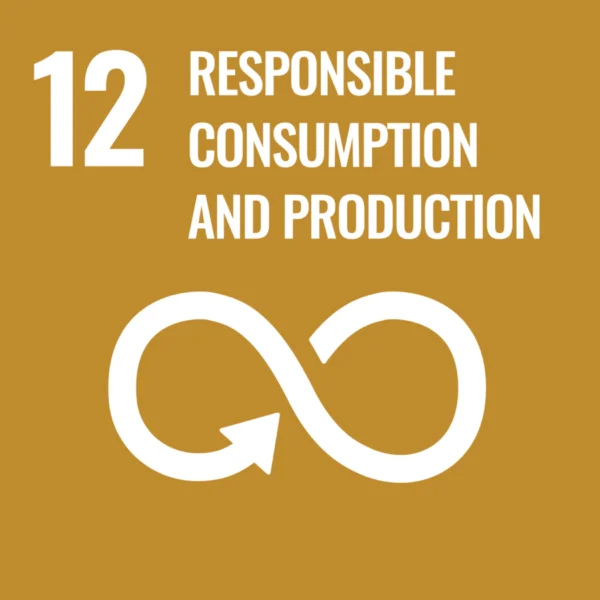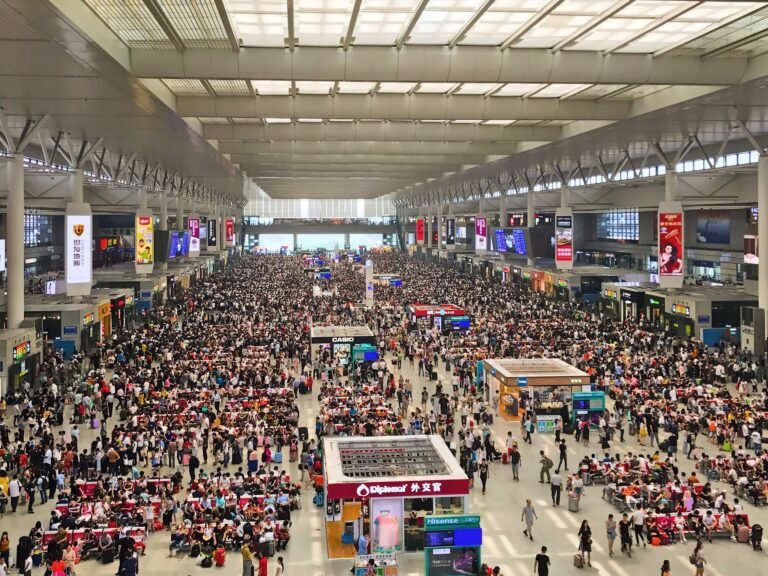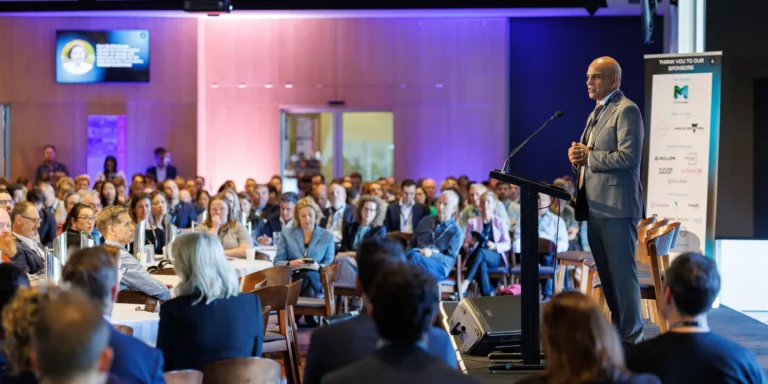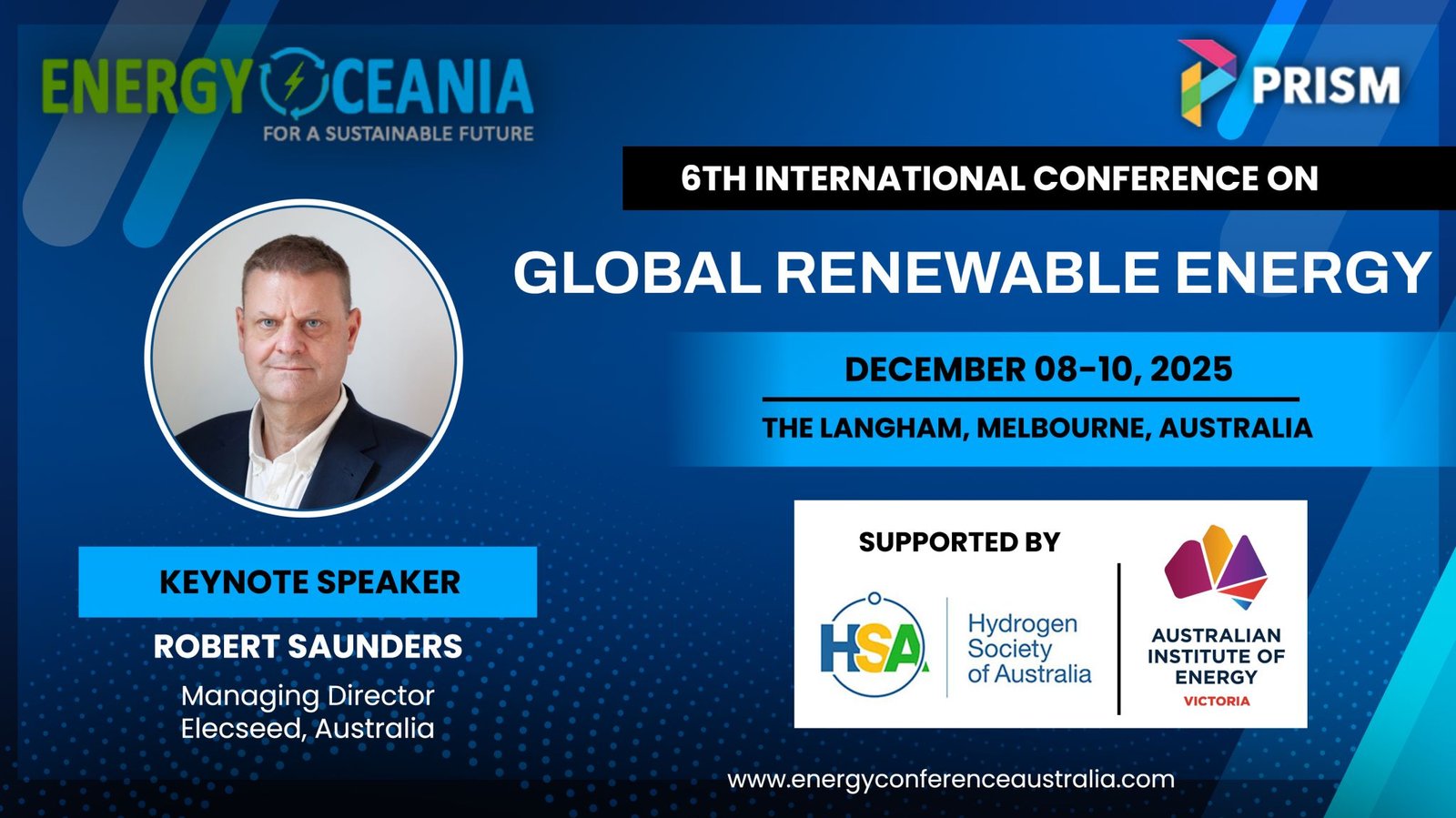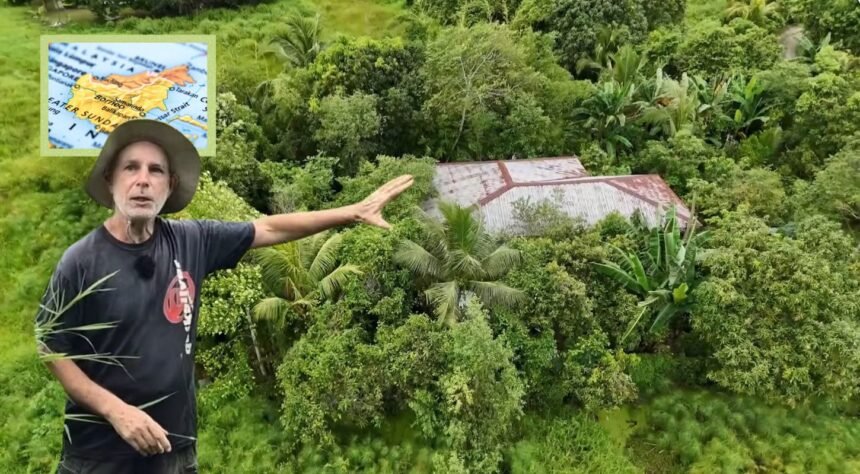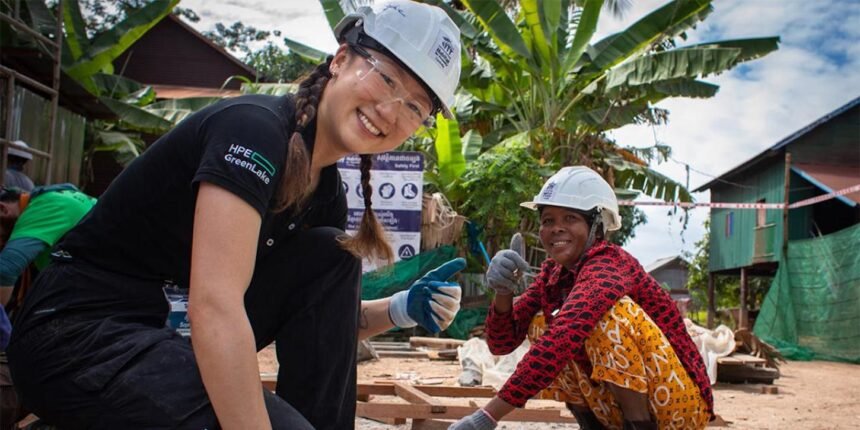The responsible use of services and products to safeguard the needs of future generations include, Resource Efficiency, Circular Economy, Waste Management practices including reuse and recycling; Natural Resource Management, and Promoting Sustainable Consumption.
Considerations: Challenges and Opportunities:
Resource Constraints: resource limitations hinder their ability to invest in sustainable technologies and infrastructure. Balancing economic growth with resource conservation remains a challenge.
Global Supply Chains: ASEAN nations participate in global supply chains, which impact resource use and waste generation. Ensuring sustainable practices throughout these chains is a challenge.
Data Collection and Monitoring: Reliable data on consumption patterns, waste generation, and resource use is essential. Strengthening data collection mechanisms is crucial for informed decision-making.
Lack of Awareness and Education: Public awareness about sustainable consumption and production practices is often insufficient. Education and outreach programs are essential to promote responsible consumption.
Infrastructure Gaps: Inadequate waste management systems and recycling facilities hinder progress. Developing robust infrastructure for recycling and waste reduction is crucial.
Policy Implementation and Enforcement: While policies exist, effective implementation and enforcement remain challenging. Coordinating efforts across sectors and levels of government is necessary.
Behavioral Change: Shifting consumer behavior towards sustainable choices requires time and effort, through consumer awareness campaigns and education, supported by local councils and advocacy groups.
Balancing Economic Growth and Environmental Impact: economic development while minimizing environmental harm.

More indept case studies and research: Here+

